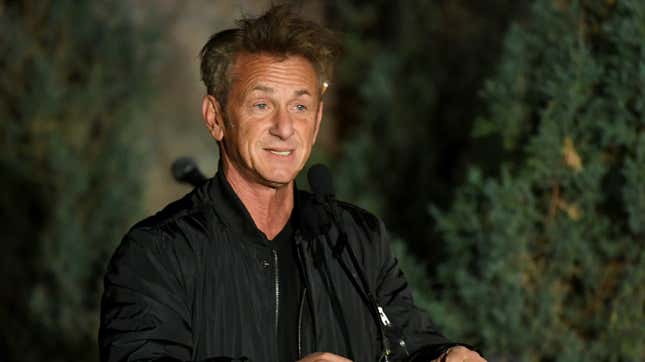Why Are Celebrities Being Treated Like Pandemic Experts?
Latest

On March 19, CNN hosted a coronavirus town hall featuring insights from Dr. Anthony Fauci, Dr. Mike Ryan, an executive director of the WHO Health Emergencies Program, and, for some reason, Sean Penn, who was there under the guise of having disaster expertise because of his charitable efforts in Haiti following the 2010 earthquake.
Although the global Coronavirus outbreak and the Haitian earthquake are not at all similar situations and require different resources and actions, Anderson Cooper and Dr. Sanjay Gupta looked on as Penn sputtered incoherent nonsense about the U.S. military and emergency response preparation, clearly out of his depth but too self-important to stop and say “I don’t know.”
-

-

-

-

-

-

-

-

-

-

-

-

-

-

-

-

-

-

-

-

-

-

-

-

-

-

-

-

-

-

-

-

-

-

-

-

-

-

-

-








































